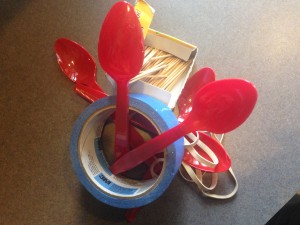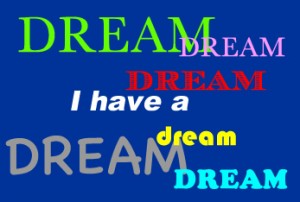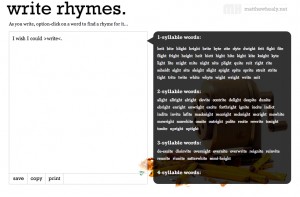Praise, Process, and a Windmill
Teachers are careful about the things we do and say. We cringe when remarks accidentally slip out and wish we had a verbal “undo” button. We beat ourselves up when words intended as neutral feedback somehow echo back sounding negative. When commenting on writing or anything student-created, I deliberately “sandwich” what a student needs to improve between two positive observations.
This blog post makes me pause to wonder if my praise has been reinforcing the “wrong” things — or the right ones — both with my students and my own children. More importantly, I wonder how small changes in comments on student posts in MySciLife or on student blogs and online projects might build creative confidence far beyond the hollow “great job” or “interesting idea.”
Maybe it is better to comment before kids publish. Or to comment on the struggles we see them go through before the finished product. Or maybe we should emphasize ongoing process by asking where they will go next:
I love your video, especially because I know you had to redo it three times to get it right. Your extra efforts were worth it, and your outtakes show how much you improved! I salute the changes you made! Where do you want to take it next ?
Katrina Schwartz’s post about praise, girls, and process made sense of two experiences I had as a student that have always stood in higher relief, though I never analyzed exactly why until now:
 In sixth or seventh grade art class, we were assigned to build a Rube Goldberg type invention out of found materials. I don’t recall the details. I do recall that I spent three art classes coaxing a windmill-like contraption, precariously taped and glued together before the era of Superglue, to work. It had several rubber bands and used plastic spoons for blades, and I was trying to make it pick up and throw a ping pong ball. The best it got was one lucky throw amid scores of attempts, and I never replicated that “success.” But I remember it, not much more except the trials and trials. I also remember that Art class in general was one of the places where I felt especially successful.
In sixth or seventh grade art class, we were assigned to build a Rube Goldberg type invention out of found materials. I don’t recall the details. I do recall that I spent three art classes coaxing a windmill-like contraption, precariously taped and glued together before the era of Superglue, to work. It had several rubber bands and used plastic spoons for blades, and I was trying to make it pick up and throw a ping pong ball. The best it got was one lucky throw amid scores of attempts, and I never replicated that “success.” But I remember it, not much more except the trials and trials. I also remember that Art class in general was one of the places where I felt especially successful.
Many years later, as a grad student, I wrote a paper on creativity — a topic near and dear to me. As he handed it back to me emblazoned with an “A,” the prof asked. “Now what are you going to do with it?” I rattled my head slightly and asked, “What do you mean?” No one had ever asked me about going further than the “final grade” to consider publishing or sending it anywhere other than the trunk-of-finished-papers in my basement. That question twisted around me then and squirms inside me with every product I have made since: from fabric projects and writing pieces to an entire graduate exhibit of art quilts.
Schwartz’s post is right. The nature of praise does matter. Process and open-endedness matter. I am sure you have personal experiences that rise as evidence from your own memory.
I wonder if we would we be better teachers and continue to improve if we were praised for PROCESS, for trying again after “failures” (lesson flops) more than if praised for what we have at the finish (like test scores)? Yes, the results matter, but we will get better ones if we are resilient learners, too.












